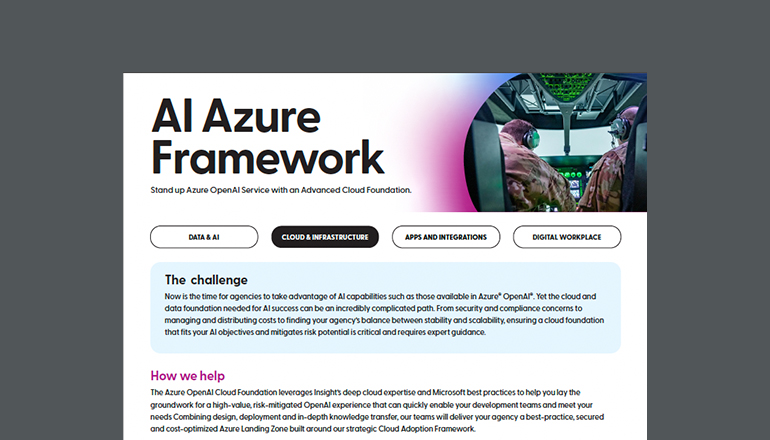Copilot Studio benefits
Chatbots created with Copilot Studio and plugins for Microsoft 365 Copilot can make measurable processes more efficient and help realize ROI. For instance, HR can speed up onboarding by asking a chatbot built with Copilot Studio to start an onboarding process for a new employee using connections into Workday. Legal teams can ask specific questions about information in their contracts database. And IT can get information on open tickets in ServiceNow. (These are just a few examples — for more, see: How early adopters are transforming their organizations with copilots | Microsoft Copilot Studio)
What about licensing? Here are some key considerations.
If you are creating copilots for everyone (described above), here’s what you need to know:
- You need a tenant license for Copilot Studio. The tenant license can be activated in your Microsoft 365 tenant by a Global Admin. The tenant license allows users to create copilots, and anyone internal or external to your environment that you allow is able to access those copilots.
- To publish generative AI chatbots, users creating copilots need to have the Microsoft Copilot Studio User License assigned to them. The Microsoft Copilot Studio User License is included with Microsoft 365 E3 and E5.
- Power Virtual Agents (PVA) has been renamed Copilot Studio for Teams. Copilot Studio for Teams allows you to create traditional chatbots in Teams that do not use natural language models with generative AI. Functionality is limited, and chatbots can only be published to Teams. PVA is accessible to users who are licensed for Microsoft Teams.
- The tenant license costs $200 per month for up to 25,000 messages. Every interaction an end user has with your copilot or your traditional chatbot created using Copilot for Teams (PVA) is considered a message, but consumption of messages is different between the two:
- Copilot Studio for Teams (PVA) consumes one message per interaction.
- AI copilots consume two messages per interaction.
If you are creating plugins for Microsoft 365 Copilot, here’s what you need to know:
- Users creating plugins need to have the Microsoft Copilot Studio User License assigned to them. The Microsoft Copilot Studio User License is included with Microsoft 365 E3/E5.
- Only Microsoft 365 Copilot licensed users can use plugins.
- There are no consumption charges associated with creating or using plugins.
The importance of personas & use cases for Copilot Studio
Now that you know what Copilot Studio does and how it’s licensed, you need to understand applicable user personas and use cases across your organization to use it effectively. Our persona and use case analysis exercises for Microsoft 365 Copilot with clients frequently uncover pain points and challenges that can be addressed by Copilot Studio. If you aren’t talking to your business about use cases in terms of what’s going on in their day-to-day roles, you are missing out on guiding your business to solve real problems and realize ROI with Copilot solutions.
Keep a pulse on Copilot.
Copilot Studio is just one of the many announcements that Microsoft has made about AI solutions. Here are more you might have missed:
- Extend Microsoft 365 Copilot with Copilot for Finance, AI-powered, role-based workflow automation that integrates with Dynamics 365, SAP and more. Learn more here.
- The Surface Pro 10 and Surface Laptop 6 for Business are integrating AI features and functionality in devices, making compute more efficient and even including a cool Copilot button for easy access to features. Learn more here.





